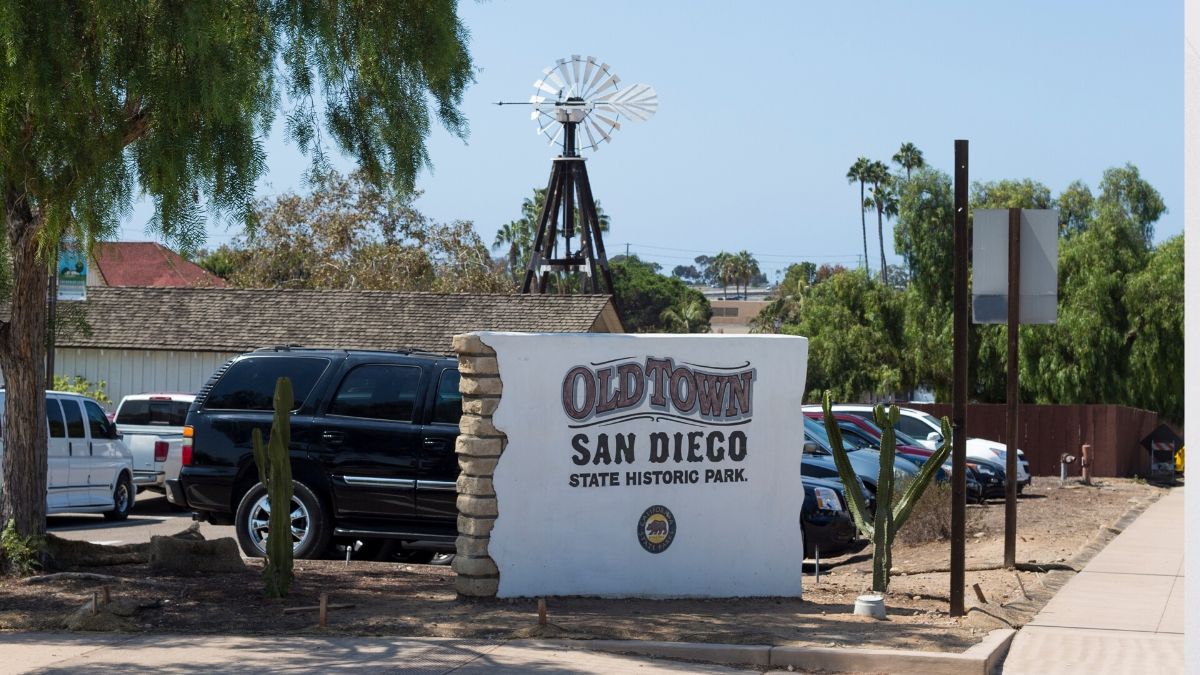Laura Barish might say her mother Tilda Sandberg died from complications of COVID-19 even though she never contracted the disease.
Health orders prohibited outside people inside Sandberg's continuing care facility, and in isolation she broke her hip.
Barish said the trauma and surgeries accelerated her mother's dementia, and she soon lost her will to live.
“After the COVID-19 shutdown her caregiver showed up for her shift and they were like, ‘Nope, you're not allowed in,’" Barish remembered.
Efforts to stop the spread of COVID-19 have kept many older adults in assisted living, skilled nursing, and hospitals apart from regular human contact.
So why is isolation so harmful to older adults, particularly those with dementia or Alzheimer’s?
“It's added another layer of stress, agitation and confusion to these folks,” Gerontologist Diane Darby Beach said, adding that it can also bring on depression.
Local
“’The poorer I feel about myself, then I get more depressed. The more depressed I get, the poorer I feel about myself and I don't want to engage. I don't want to be connected to people,'” she explained
Barish has a deeper understanding than most, not just because of the tragic loss of her mother, but because she is also the CEO of a San Diego home care company.
“People with dementia are hit that much harder because a lot of the tools and vehicles we would use to engage them and keep their cognitive standing healthier are not available,” she said.
On top of all that, the holidays can add another layer of stress.
Senior care professionals agree staying engaged and in contact safely is good medicine, and they say not to let COVID-19 restrictions keep you from loved ones over the holidays. Sending mementos, pictures and gifts is a safe way to stay connected.
Video chatting is also an option, and some nursing homes allow face-to-face visits outside their facility.



